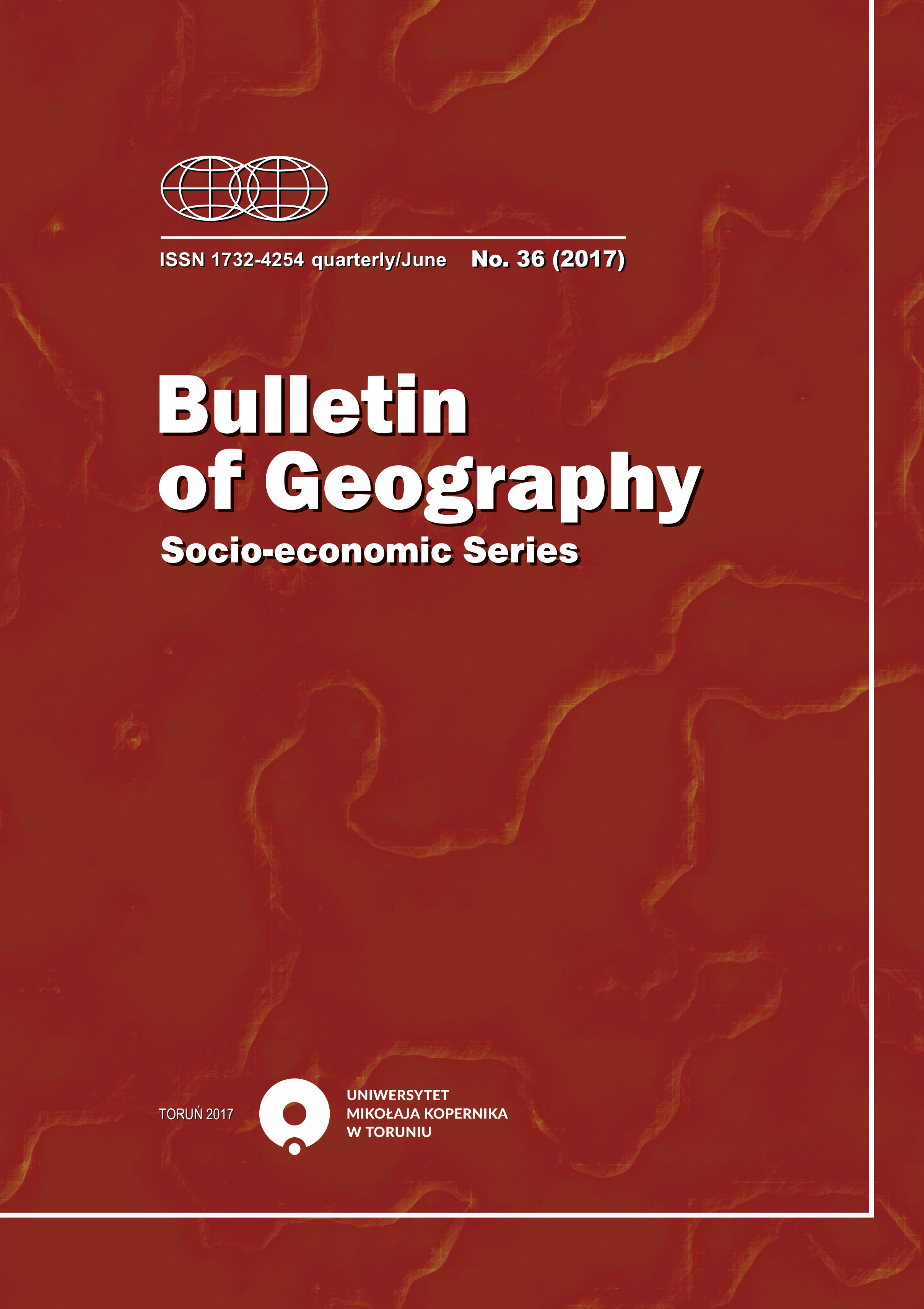Urban spatial policy and its impact on open areas - Płock case study
Urban spatial policy and its impact on open areas - Płock case study
Author(s): Marcin FeltynowskiSubject(s): Regional Geography, Environmental Geography, Maps / Cartography, Socio-Economic Research
Published by: Wydawnictwo Naukowe Uniwersytetu Mikołaja Kopernika
Keywords: study of conditions; evidence based; urban planning; spatial data; land use
Summary/Abstract: Spatial planning has to be carried out in accordance with the sustainable development principle. When compiling every document indicated in the Spatial Planning and Development Act, local authorities have to take into account the conditions that are valid in a gmina. They should rely on available materials which are a support for the decisions that are made. An element that constitutes support for local authorities is spatial data available in international sources, e.g. the European Environmental Agency or individual sources, e.g. vector versions of the documents in the scope of spatial planning. The purpose of the article is to present which materials used by local governments can allow for an appropriate assessment of the need for new areas of housing development and the limitation of decisions concerning the liquidation of open areas in cities. The article presents tools and data which constitute a basis for an evidence-based spatial planning policy and have to be used by local authorities. The procedure presented in the article can be a tool supporting the spatial policy and an element of evaluation whether the decisions made by local authorities are correct
Journal: Bulletin of Geography. Socio-economic Series
- Issue Year: 2017
- Issue No: 36
- Page Range: 87-94
- Page Count: 8
- Language: English

